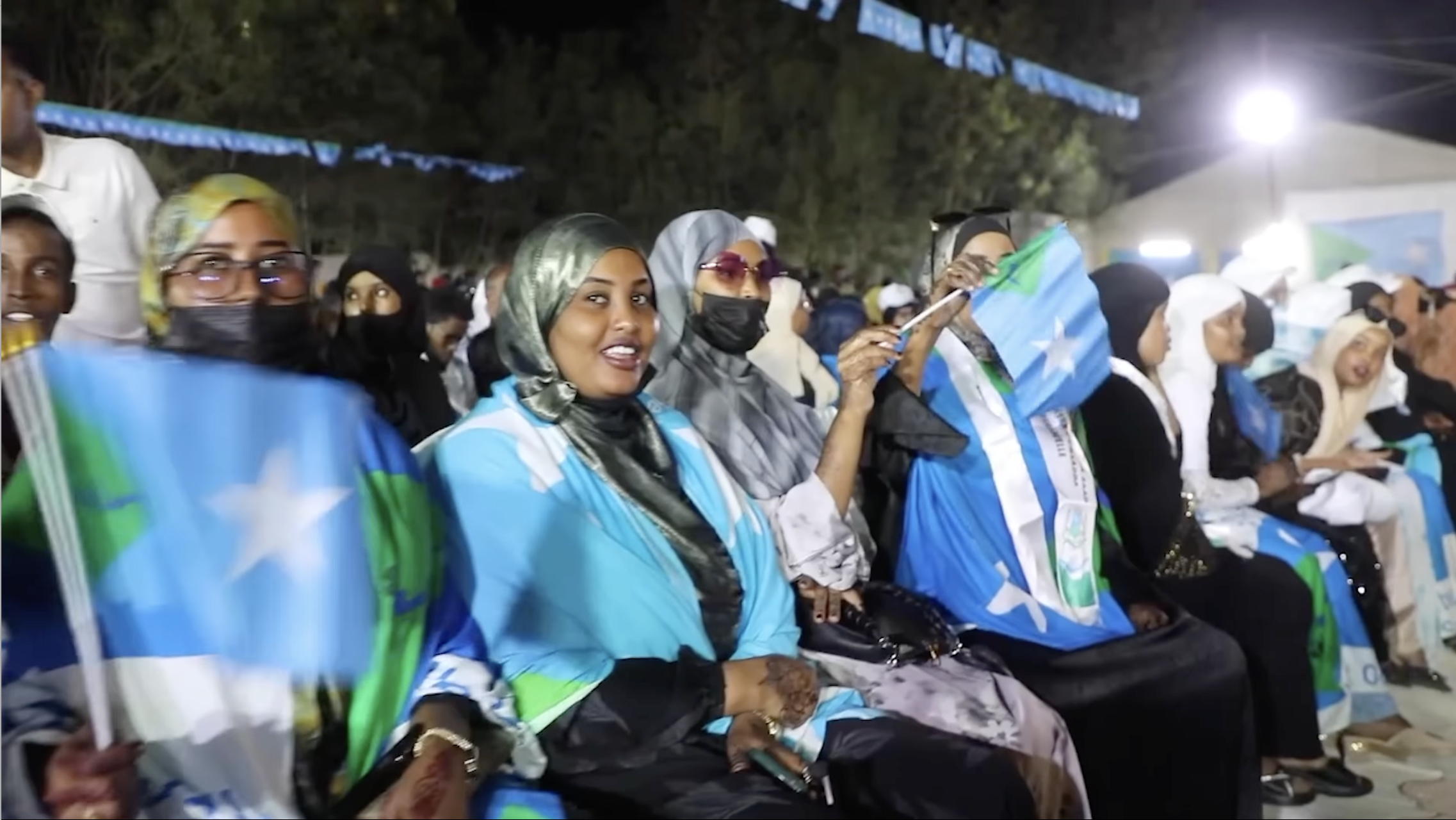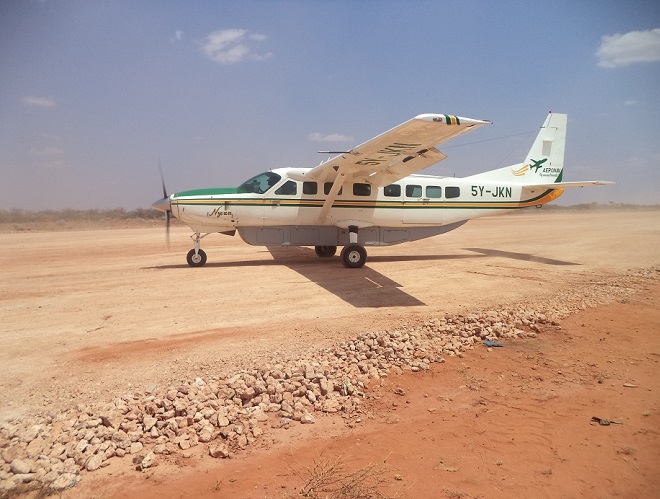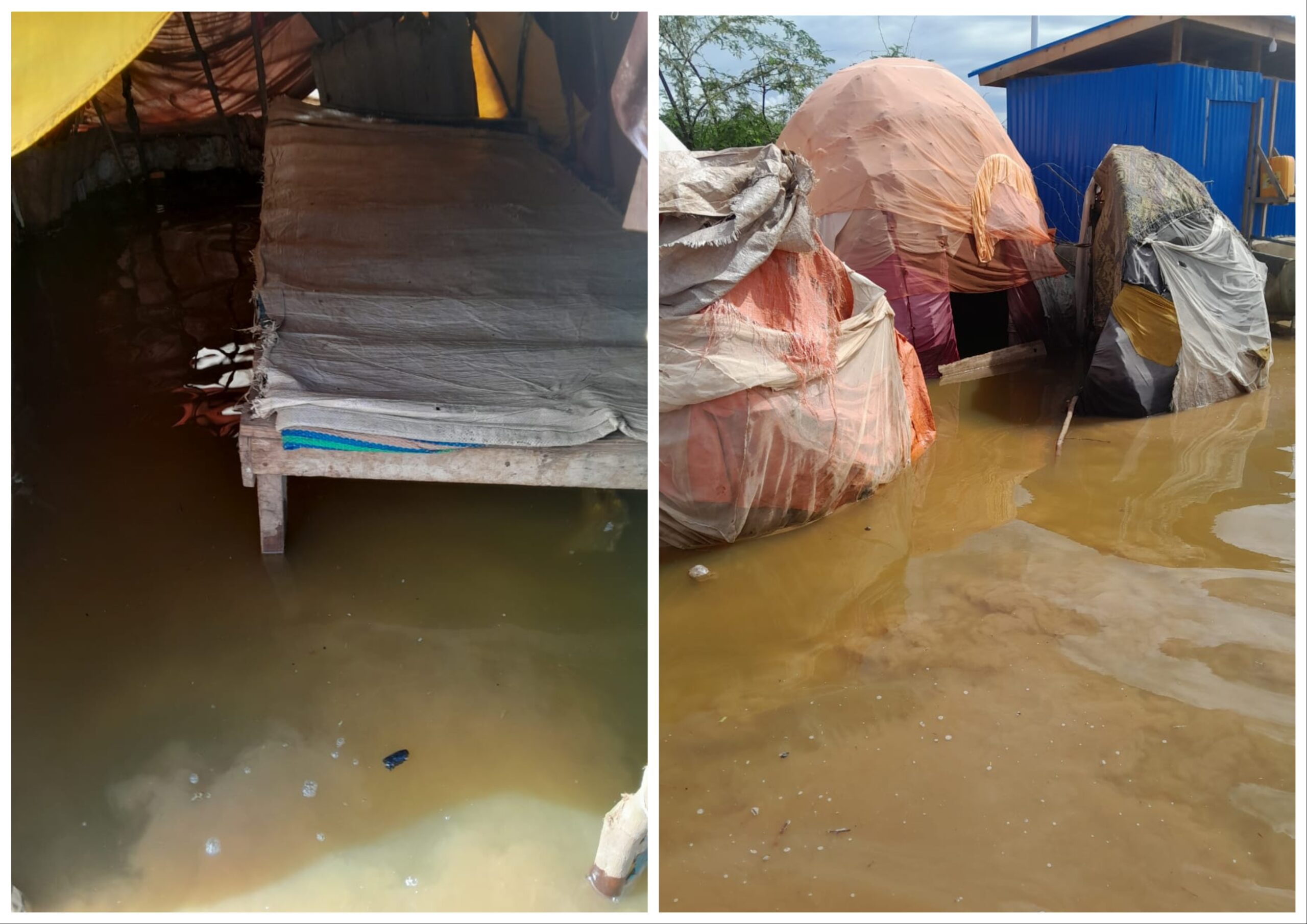BELEDWEYNE (KAAB TV) – Somalia’s Hirshabelle State on Saturday celebrated its eighth anniversary, marking the creation of the federal member state comprising Hiiraan and Middle Shabelle on October 5, 2016.
The event took place in Jowhar, the state capital, where President Ali Abdullahi Gudlawe, his ministers, regional assembly members, and Somali parliament representatives gathered for the festivities.
The Saturday night celebration was an extravagant affair, featuring musicians, politicians, social media influencers, and invited guests from Mogadishu. The town’s hotels were overbooked, and local restaurants ran out of food early due to the influx of politicians and guests. Even prostitutes were reportedly invited from Mogadishu to give pleasure to the politicians, underscoring the event’s high-profile nature.
However, many locals view the fanfare as misplaced.

Residents lament that the Hirshabelle authorities, based in Jowhar, spend much of their time in Mogadishu, failing to address the region’s most pressing issues, such as security, reconciliation, and the ongoing humanitarian crisis that has left millions at risk.
“Hosting a celebration is one thing, but if we’re talking about actual progress, there’s nothing to show for it,” said Abdi Hussein, a resident of Jowhar.
Beledweyne, one of the key cities in Hiiraan, faces significant security challenges. The once-celebrated Ma’awisley militia, initially hailed as protectors against militants, have now turned against the local population.
Incidents of rape, extortion, and violence are rampant, with the militia imposing roadblocks around the city. The situation has become so dire that truck drivers and business owners staged a strike for over 20 days, protesting the militia’s control of major roads and driving up food prices.
“We don’t expect anything from Hirshabelle’s leadership. We are calling on clan elders to intervene and negotiate the removal of these roadblocks,” said Mustafe Muhumad, a local driver.
Missed Opportunity for Reconciliation
Compounding the region’s problems, the powerful Xawaadle clan continues to oppose Hirshabelle’s leadership, despite holding the deputy presidency.
The clan has gone so far as to establish a rival entity, Hiiraan State. Clashes between forces loyal to Hirshabelle and those supporting Hiiraan State have divided Beledweyne, splitting the riverine city into two warring sections.
In July 2024, opposition from local clans prevented President Gudlawe from visiting key towns, including Maxaas, Beledweyne, and Moqokori.
“If there’s one thing Hirshabelle’s leadership could have done, it would be to reconcile the warring clans and restore peace. But they missed that opportunity over the past eight years,” said Abdirahman Ali Hussein, a political observer in Mogadishu.
Clan-based conflict continues to plague both Middle Shabelle and Hiiraan, with rival factions engaging in deadly skirmishes over land and resources.
Worsening Security
The situation has been further aggravated by disputes over clan representation in newly formed district councils, deepening mistrust among communities.
The failure to establish an inclusive and equitable political system has allowed extremist groups like Al-Shabaab to exploit the chaos.
Despite a major offensive in 2022, Al-Shabaab remains active in Hirshabelle, controlling large rural areas and extorting the local population. The group enforces brutal rules on civilians and punishes anyone suspected of collaborating with the government.
The 121-kilometer Buloburde-Beledweyne road, which would typically take two hours by bus, now takes up to three days to navigate. Many locals are forced to fly via Mogadishu due to the militant threat, with only the bravest attempting to travel by road through Al-Shabaab-controlled territory.

Even Jowhar, Hirshabelle’s administrative hub, is not immune to insecurity. Government officials, journalists, and businesspeople frequently travel by air between Jowhar and Mogadishu due to the persistent threat posed by Al-Shabaab roadblocks on the 90-kilometer stretch between the two cities.
The situation has worsened recently, with the local airline halting weekly flights. Officials now rely on expensive charter flights, costing up to $3,500 per trip.
Humanitarian Crisis
In his anniversary speech, President Gudlawe acknowledged the severe humanitarian crisis facing the region.
“Floods continue to pose a major threat to the population of Hirshabelle,” he said, referring to the devastating effects of recent flooding.
According to UN reports, at least 70,300 people in Hirshabelle have been affected by floods this year alone. The heavy rains, compounded by the Shabelle River bursting its banks in April and May, displaced over 9,300 people, killed four, and inundated 5,800 hectares of agricultural land.
Beledweyne’s only education center was also severely impacted by the flooding, the UN said.

“The existence of Hirshabelle is little more than just a name,” said Hassan Alasow, a community elder in Beledweyne.
Yet, despite these challenges, President Gudlawe touted what he saw as significant achievements during his tenure.
“We have succeeded in maintaining political stability. Over the past few years, there has been no conflict within our regional state assembly. For that, I thank our speaker of parliament,” Gudlawe noted, defending his administration from critics.
While the state government may have avoided internal political disputes, the lack of tangible progress in addressing the region’s core issues—security, reconciliation, and the humanitarian crisis—continues to haunt Hirshabelle as it enters its ninth year.
The regional state remains trapped between celebration and stagnation, with much work left undone.


